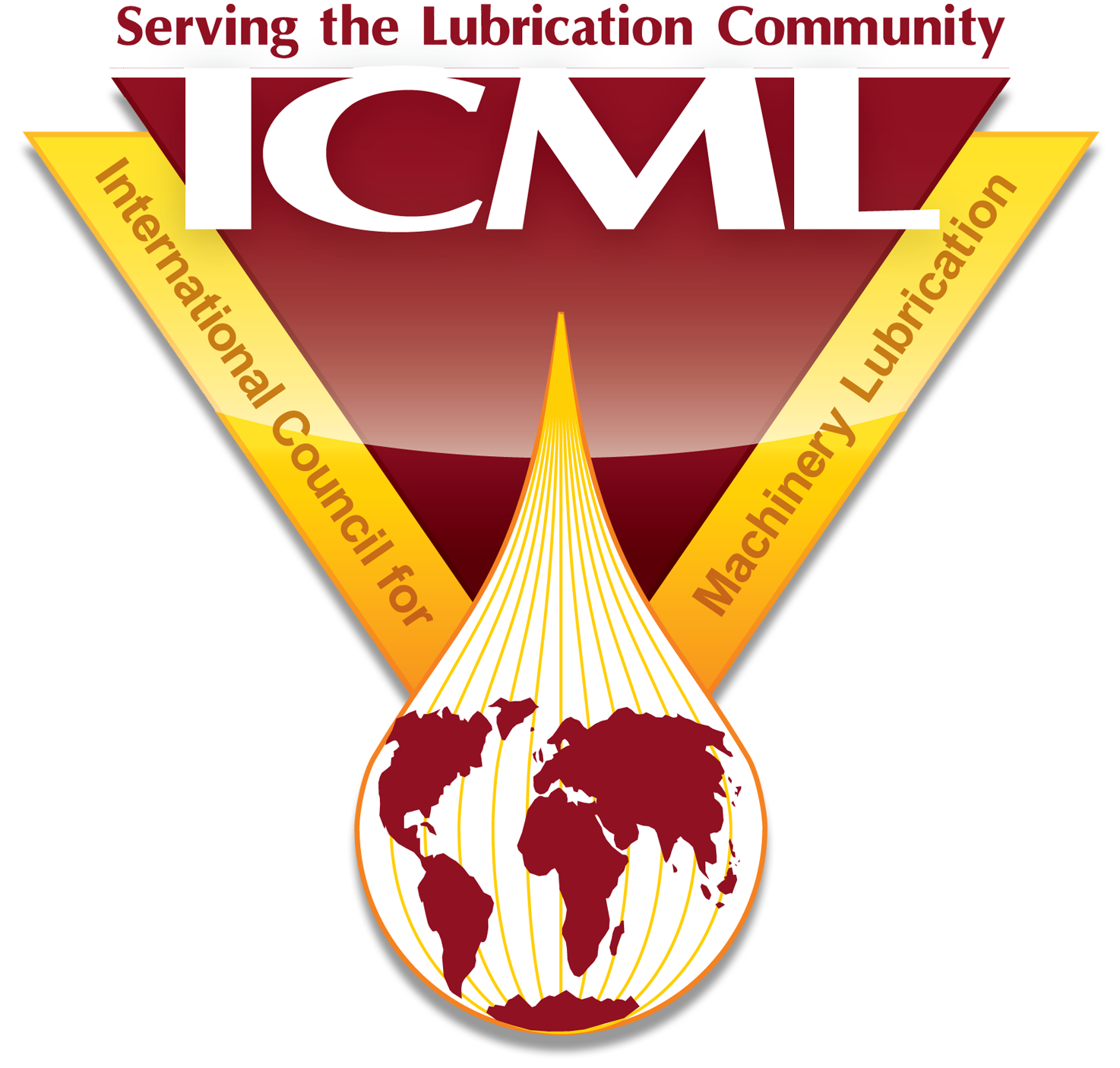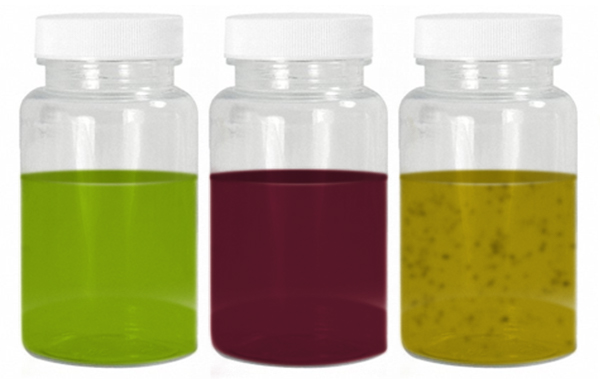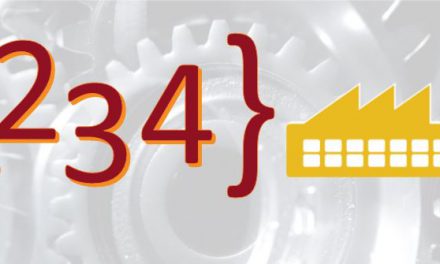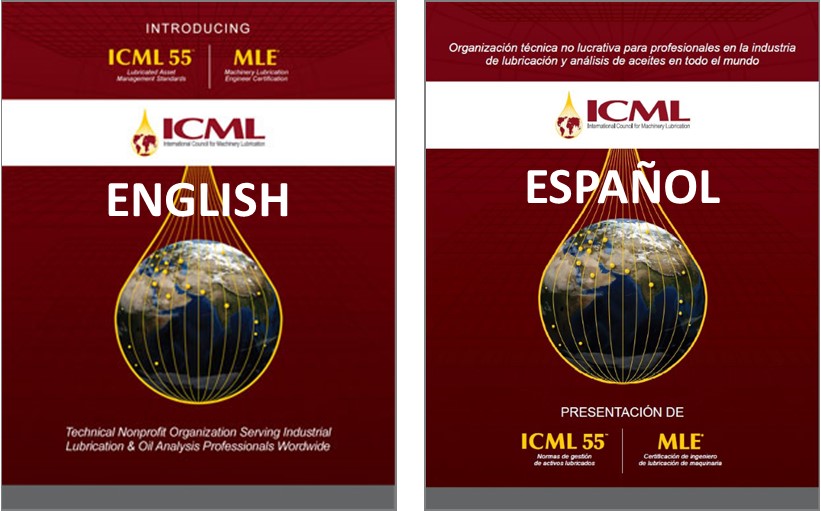Randy Clark, POLARIS Laboratories®, August 12, 2021 | Actually, the full question is, “Is coolant analysis necessary if I’m already doing routine oil analysis on my engines?“
And the short answer is YES, you should definitely add coolant analysis to your program. Here is why:
- Up to 50% of all “preventable, premature” engine failures are due to cooling system issues
- 80% of preventable engine failures caused by cooling system problems are due to one of the following:
- Water not meeting OEM specifications, used to mix concentrate coolant, and used for flushing the system–in fact, up to 1/3 of the water used for system flushes may remain in the system after draining!
- Incorrect coolant formulation or not maintaining formulation
- Internal / External contamination
- System pressure is insufficient
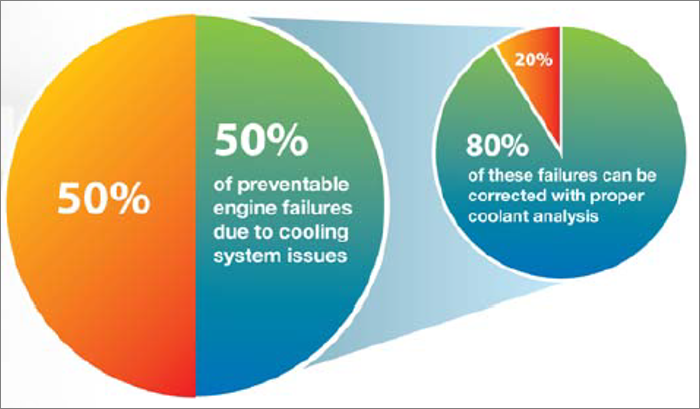
- Changing Demands
- Stricter emission standards
- More horsepower from same size engines
- EGR &ACERT technologies
- Higher temperatures
- Higher pressures
- Heavier duty cycles
- Long service life
- Larger capacity cooling systems
Today’s coolant analysis goes far beyond just checking the percentage of glycol and checking the freeze point and boil point of your coolant. With so many different coolant formulations are you certain that the coolant you are using is the correct type for your application? Time and time again, through the benefits of coolant analysis, we are able to identify issues such as when a coolant formulation designed for automotive use has mistakenly been used in a heavy duty diesel engine application. Have you mistakenly mixed Extended Life Coolant (ELC) with a Conventional Coolant during top-offs? If so, you have drastically reduced the benefits of an ELC, and coolant analysis is the only way to be sure if this has occurred. What about coolant leaks seeping in to your engine? We all know this is a sure path of destruction of the engine.
With oil analysis, we detect coolant leaks from elevated PPM of sodium and/or potassium (and traces of additional additives contained in the coolant). Does oil analysis necessarily give you the best option in detecting coolant contamination at the very earliest stages of a leak? Consider this question; What has a higher pressure, a cooling system or the pressure of a combustion chamber? The answer, obviously, is a combustion chamber. With that said, if there is a problem with a cylinder head gasket, cracked liner, warped head, etc., would it not be reasonable to assume that a coolant analysis would detect combustion gasses leaking in to the coolant system, prior to reaching a stage where coolant is being detected significantly in your oil analysis?
What about corrosive acids that are forming in your coolant system due to lack of proper cooling system maintenance or over-extended coolant? These issues can be extremely detrimental to the life of your engine by resulting in engine overheating, cylinder liner pitting, cavitation issues, improper heat transfer qualities, and more.
If you’re not already including coolant analysis in your reliability program, I encourage you to contact your laboratory today! Typically, for routine coolant analysis, only two coolant analyses per asset are required per year: one prior to summer and another prior to winter. The life of your engine may very well depend on it!
